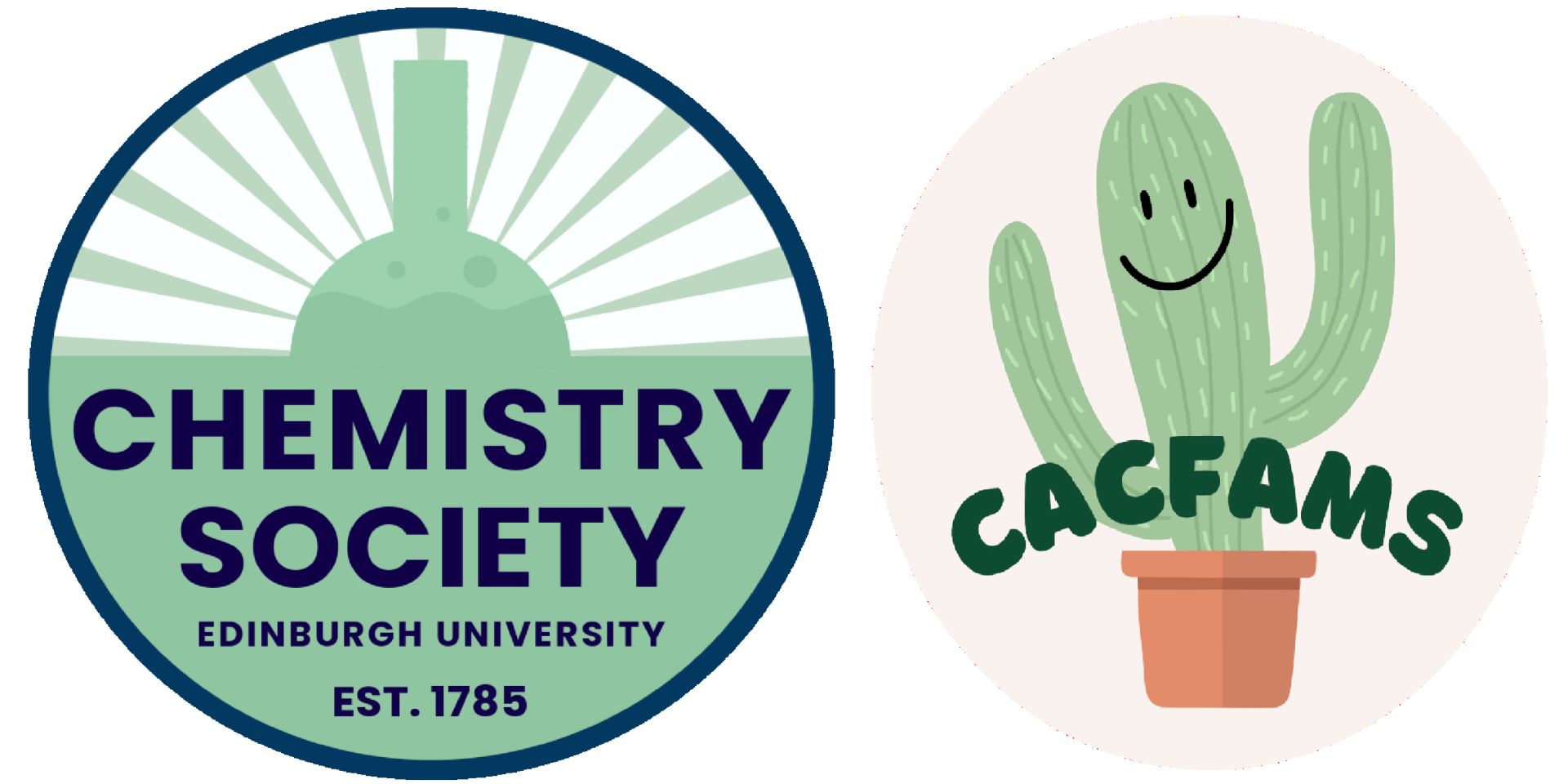Chemistry is the study of atoms, molecules and ions—their structures, properties, synthesis—and how they interact with each other to create new molecules.
Its range and compass are enormous. From the simplest compounds like methane and sodium chloride to vast and complex biological molecules such as DNA or the proteins which form the basis for life itself.
An understanding of every facet of science, technology and engineering is therefore informed by knowledge of chemistry.
A 21st-century chemist can make significant contributions to a sustainable, secure and healthy future for the coming generations through the development of:
- efficient renewable energy sources
- smart materials and devices
- targeted medicinal therapies
A chemistry degree from the University of Edinburgh provides the intellectual framework for understanding the properties of molecules - from the fundamentals to the frontiers of current research.
The degree focuses strongly on the wide range of analytical and experimental skills necessary to practice the subject. It also provides insight into research via a final-year research project working at the cutting edge of the subject.


